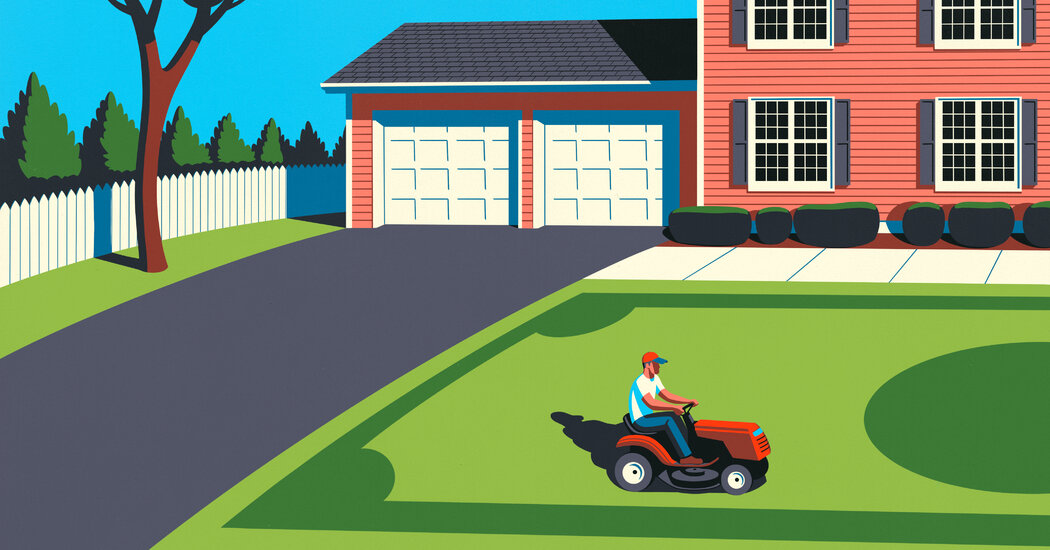“We are very lucky at this point, given the plight of many others during the pandemic,” said Mr McCauley, 36, who works for a data orchestration firm. “Somehow we’re doing even better financially, and it feels a little awkward.”
Even for those doing well, the economy feels precarious. The University of Michigan’s venerable Index of Consumer Sentiment fell to the same level it had been in 1979, when inflation hit a painful 11 percent, before rising again in April.
Politicians are mostly silent about the boom.
“Republicans aren’t afraid to give President Biden credit for anything,” said Mr. Baker, the economist. “The Democrats might brag about the number of people getting jobs and the strong bottom line wage growth, but they seem reluctant to do so knowing that many people are being hit by inflation.”
The first outbreak of the coronavirus ended the longest economic expansion in the US in modern history after 128 months. A dramatic downturn began. The federal government intervened and generously distributed cash. The spending pattern changed as people stayed at home. The recession ended after two months, and the boom resumed.
Federal Reserve chairman Jerome H. Powell recently warned that there were too many employers chasing too few workers, saying the job market was “tight to an unhealthy level.” But for employees, it is gratifying to have the upper hand when looking for a new position or career.
“Both my husband and I have been able to change jobs, doubling our income from five years ago,” said Lindsay Bernhagen, 39, who lives in Stevens Point, Wisconsin and works for a start-up. “It feels like it’s mostly just been dumb luck.”
Ten years ago there was chaos in the housing market. According to Black Knight, more than seven million homes were lost to foreclosure between 2007 and 2015. Some of these were speculative purchases or second homes, but many were primary residences. Powered by moneylenders, people lived in houses they could not easily afford.

